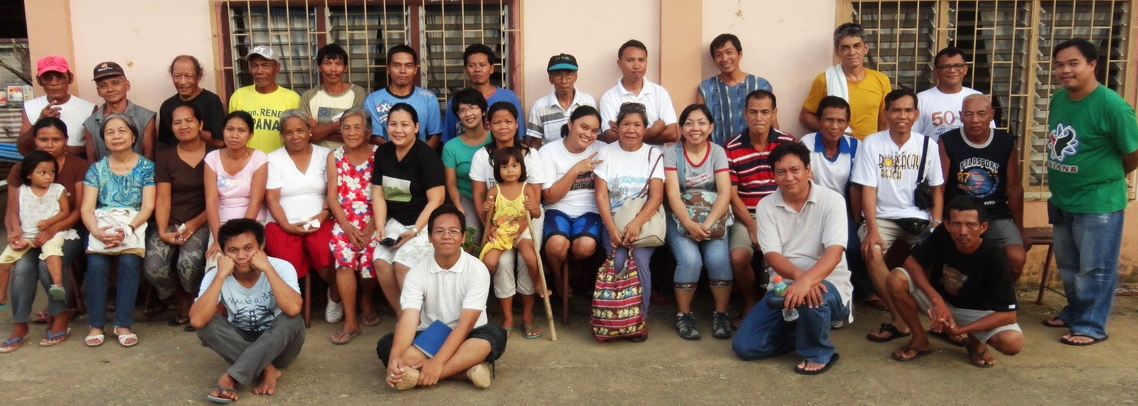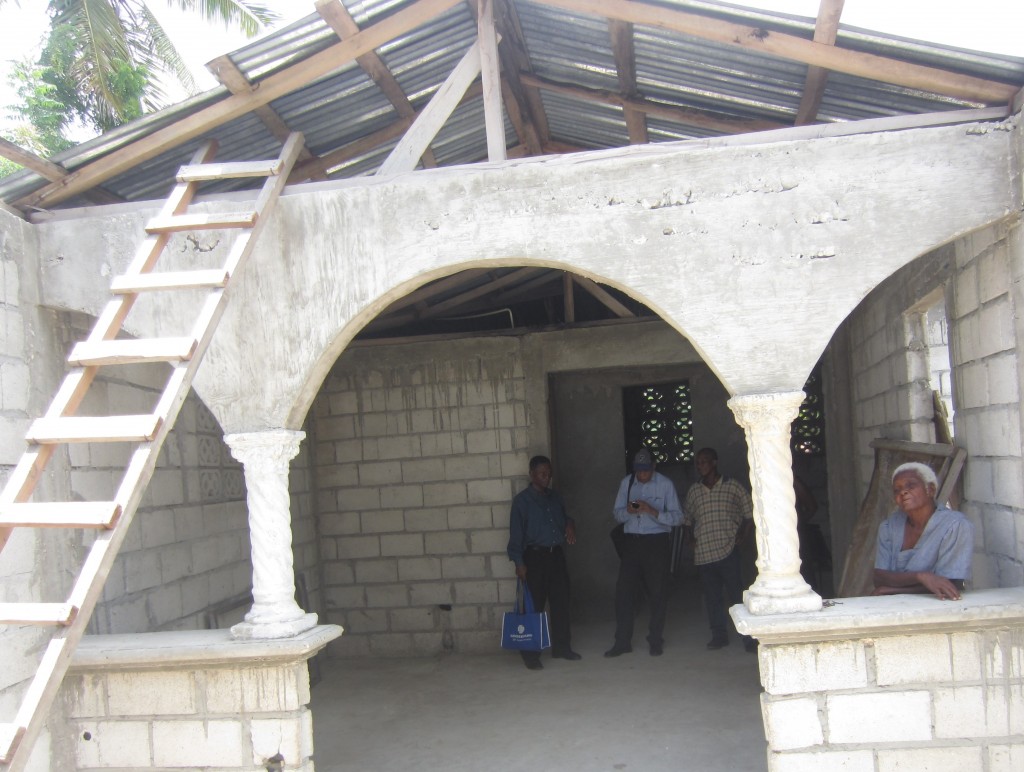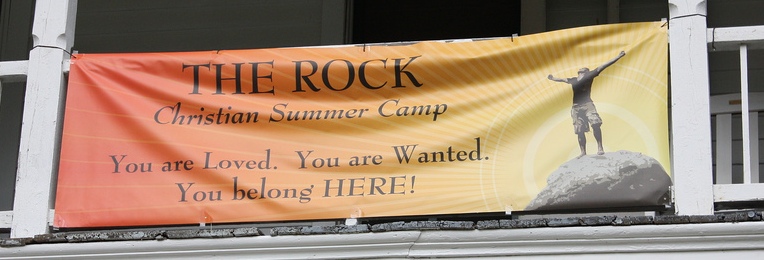Dear Brothers and Sisters in Christ,
 As we in the United States celebrate Independence Day this week, perhaps some will be asking, “What is there to celebrate?”
As we in the United States celebrate Independence Day this week, perhaps some will be asking, “What is there to celebrate?”
There is no question that the US faces serious problems. Americans are divided over many issues. There is the overarching problem of the economy and national indebtedness. What should be done about climate change and protection of the environment? In many places, our infrastructure of roads, bridges and utilities is crumbling. The cost of health care is skyrocketing. Divorce rates are still at 50% and 40% of children are born out of wedlock. There are 3000 abortions a day and 19 million new cases of STDs each year. Some things about our nation are not worthy of celebrating.
Nevertheless, we cannot deny that life in the US, compared to most other nations, is the proverbial bowl of cherries. That is no reason to be smug and complacent about our blessings. As the patriotic hymn, “America the Beautiful” reminds us, we still need to ask God to “mend thine every flaw.” As loyal citizens, we should want to do whatever we can to make our homeland a better place. But how do we do that?
Many Christians have become embroiled in the various causes that campaign relentlessly for change (or not, as the case may be). This is especially true of those issues involving social justice, such as immigration reform, abortion, gay rights and same-sex marriage. Many Christians—particularly evangelical Christians—are heavily involved, and the National Association of Evangelicals is predicting that political activism in its ranks will increase in the next decade.
Maybe some of you are tempted to join in the battles. We are, after all, also members of our earthly communities. However, I do need to remind you to keep your personal political views out of the pulpit. I know it is tempting to use your position and influence to advance an agenda about which you feel passionately. We must also be cautious on another level. Instead of making things better, there is a risk of complicating our ministry situation, while undermining the main purpose of the church in this world at this time. It is important not to lose focus. We need to ask, “Where is Jesus in these debates? What is his perspective and priority? What does he want us to do?”
So this week, as we in the US celebrate our comparatively abundant freedom and independence, let’s remember that God has called us to proclaim a much greater freedom—one that God has for all humankind. Jesus Christ shares this freedom with us by the Holy Spirit who works to renew us from the inside out.
In thinking about celebrating freedom, it’s appropriate that we remind ourselves of what Jesus said to his disciples following the Last Supper. It was a time of national frustration for the Jewish nation. They were under the yoke of the Roman Empire and like the American colonists in the 18th century, they yearned for freedom. Some of Jesus’ disciples had been political zealots. They all looked forward to Jesus turning his thus far peaceful preaching into a militant protest movement that would lead them to freedom. Isn’t that what the Messiah was supposed to do?
Let’s read what Jesus said in his prayer recorded in John 17 (quoted from The Message, with emphasis added).
I gave them your word; the godless world hated them because of it, because they didn’t join the world’s ways, just as I didn’t join the world’s ways. I’m not asking that you take them out of the world but that you guard them from the Evil One. They are no more defined by the world than I am defined by the world (vv. 14-16).
The world tends to define us by our political and moral views—conservative or liberal, pro-life or pro-choice, etc. Jesus prayed for his followers to be above that. If we are to be defined, let it be by our Lord’s agenda.
Make them holy—consecrated—with the truth; your word is consecrating truth. In the same way that you gave me a mission in the world, I give them a mission in the world. I’m consecrating myself for their sakes so they’ll be truth-consecrated in their mission (vv. 17-19).
Jesus knew that to be successful, his followers must be united. That does not mean that we must be exactly alike in every way. From the earliest days, it was obvious that different cultures and customs could all be accommodated. The church in Jerusalem was different from the church in Corinth. But in their overall mission, Jesus’ followers must present a united front, so that the world will be in no doubt about what we stand for and who we represent.
The goal is for all of them to become one heart and mind—just as you, Father, are in me and I in you, so they might be one heart and mind with us. Then the world might believe that you, in fact, sent me (vv. 20-21).
While I am not opposed to those who lobby for the government to protect our Christian worldview, our emphasis on lobbying for a certain political position will not always be met with success. Some, if not most, will even misunderstand our motives and aims and have no ability to follow our reasons. Therefore our focus must be on the mission that Christ has given us—to proclaim his gospel and in doing so to multiply his disciples throughout the world—and that, eventually, leads to true freedom for all people.
George Orwell once said that, “freedom is the right to tell people what they do not want to hear.” I’m thankful that we have the political freedom to share the gospel, even if some do not want to hear it. Though I enjoy the fireworks and other celebrations of Independence Day, I realize that true freedom is found only in and through Christ. Sown in the soil of our souls, that freedom can never be taken from us. It is a gift from God that brings peace and joy to all people for all time.
Your brother in Christ,
Joseph Tkach













